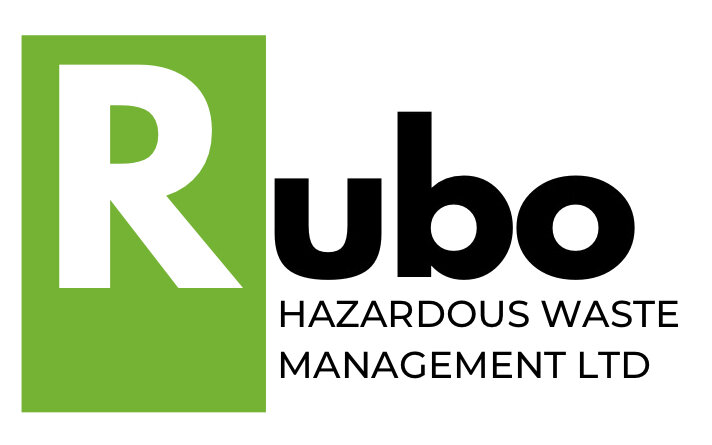Understanding EWC Codes and Their Importance in Waste Management
Efficient and compliant waste management begins with proper classification. European Waste Catalogue (EWC) codes are the cornerstone of this process, providing a universal system to categorise and describe waste. At Rubo Hazardous Waste Management, we help businesses navigate the complexities of waste classification, ensuring compliance with UK and EU regulations.
What Are EWC Codes?
EWC codes are six-digit numbers that classify waste based on its type and origin. These codes are essential for:
Ensuring safe handling, transport, and disposal of waste.
Meeting legal requirements under the EU Waste Framework Directive and UK waste regulations.
Helping businesses comply with their Duty of Care obligations.
How Are EWC Codes Structured?
EWC codes are divided into three components, each narrowing down the classification:
Chapters (First Two Digits)
Represent the industry or process that generated the waste. Examples include:01: Wastes from mining and quarrying.
17: Construction and demolition waste.
20: Municipal waste.
Sub-Chapters (Middle Two Digits)
Specify the type of process or material within the industry. For example, Chapter 17 includes:17 01: Concrete, bricks, tiles, and ceramics.
17 05: Soil and dredging spoil.
Waste Entries (Final Two Digits)
Identify the specific type of waste. Entries ending in an asterisk (*) indicate hazardous waste.17 01 07*: Mixtures of concrete, bricks, and ceramics containing hazardous substances.
17 01 01: Clean concrete.
The Role of Mirror Entries
Some wastes fall under “mirror entries,” where classification depends on whether the waste displays hazardous properties. For example:
19 02 04: Non-hazardous sludges from water treatment.
19 02 03*: Sludges containing hazardous substances.
Accurate chemical analysis is critical to assign the correct code and ensure compliance.
Why Accurate EWC Coding Matters
Assigning the right EWC code has far-reaching benefits:
Compliance: Prevents regulatory breaches and potential fines.
Safety: Ensures appropriate handling and disposal.
Sustainability: Enables recycling and recovery opportunities.
How Rubo Simplifies EWC Code Assignment
At Rubo, we:
Guide you through the waste classification process.
Provide detailed waste assessments, including chemical analysis.
Ensure compliance with all legal requirements for hazardous and non-hazardous waste.
Key Takeaways
Understanding and using EWC codes correctly is essential for responsible waste management. Whether it’s hazardous waste or general industrial by-products, Rubo can help you navigate this process seamlessly.
